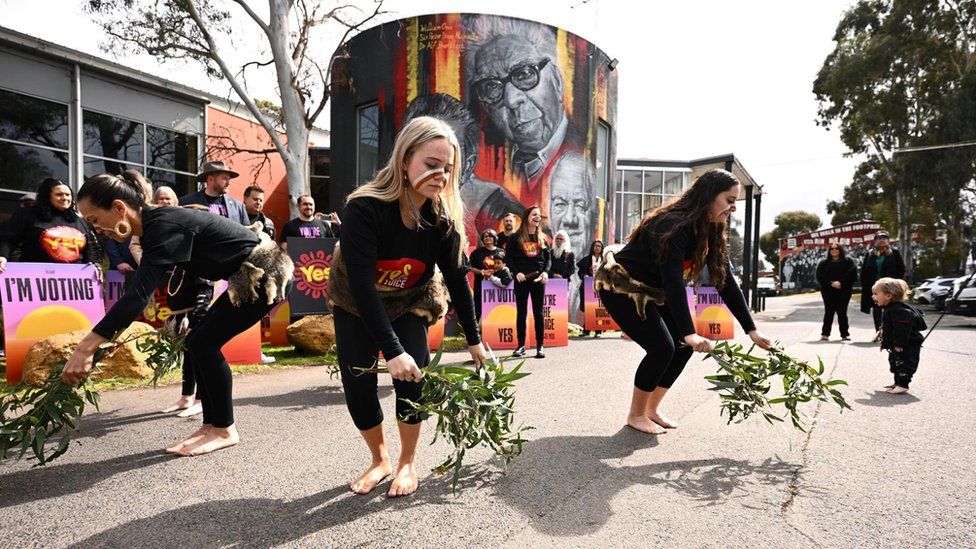-

-
-
Loading

Loading

Australia will vote in a landmark referendum on 14 October that could have significant implications for the country's national identity. The proposed reform, known as the Voice, aims to recognize Aboriginal and Torres Strait Islander people in the constitution and establish a body to advise the government on issues affecting their communities. Proponents argue that this change is necessary for Indigenous Australians to have a rightful place in the country, while opponents claim it will permanently divide the nation. Australia's lack of a treaty with its Indigenous peoples and the absence of dedicated seats for them in government highlight the historical marginalization they have faced. The Voice, derived from the Uluru Statement from the Heart, seeks to establish a constitutionally enshrined advisory body as part of a broader process of treaty-making and truth-telling. Other countries with similar colonial histories, such as New Zealand, Canada, and Nordic nations, have already implemented Indigenous advisory bodies, demonstrating that the Voice is not a radical proposal. However, the controversy surrounding the referendum arises from the proposal's constitutional enshrinement, as advisory bodies typically do not have such status. The No campaign argues that this could give the Voice excessive power, but legal experts assert that it would only provide a platform for making recommendations to parliament and the executive branch without the ability to veto legislation. The constitutional change must be approved through a referendum, and currently, support for the Voice is waning in national surveys. Nonetheless, a No vote would represent a setback for Indigenous constitutional recognition and could hamper future efforts. The referendum debate has been marred by hate speech and misinformation, exacerbating division and causing distress within First Nations communities. Despite the challenges, proponents of the Voice view the referendum as a historic opportunity for change and reconciliation.